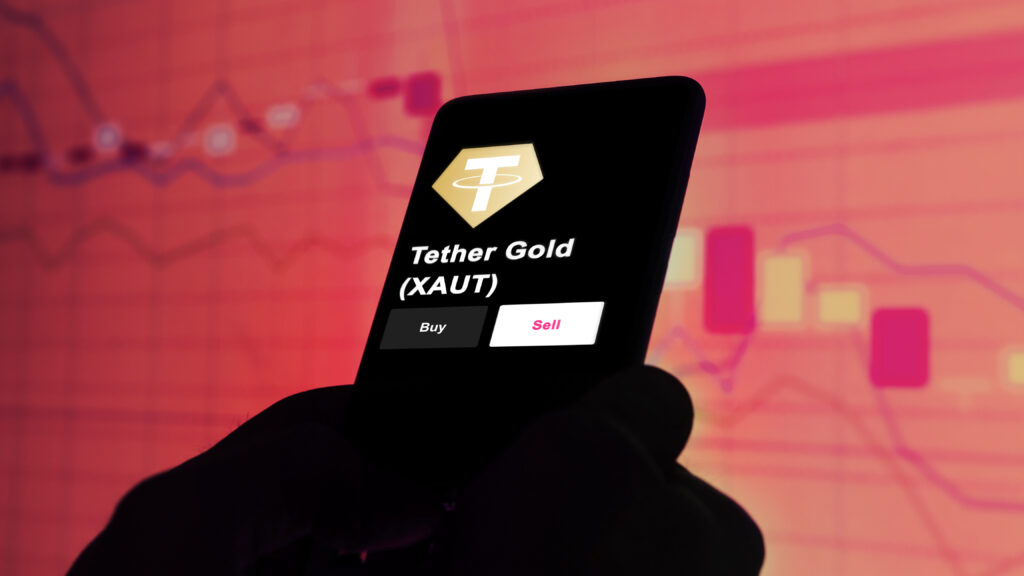
Key Takeaways:
- Tether released its first attestation for Tether Gold (XAUT) under new regulations in El Salvador, confirming $770M backed by 7.7 tons of Swiss-held gold.
- Global demand for gold surges, with central banks buying 1,044 metric tons in 2024, pushing gold prices up 27% year-to-date to $3,343/oz.
- Tether positions XAUT as a secure, fully-backed alternative to “paper gold,” emphasizing strict audits and Swiss vault storage.
Tether has published its first attestation report for Tether Gold (XAUT) under new financial regulations in El Salvador, highlighting strong growth amid rising global demand for gold.
XAUT now has a market capitalization of $770 million, backed by 7.7 tons (or 246,523.33 ounces) of LBMA-certified gold stored securely in a Swiss vault.
XAUt – Tether Gold stablecoin – first attestation is out 🪙
— Paolo Ardoino 🤖 (@paoloardoino) April 28, 2025
Highlights:
– more than 7.7 tons of physical gold backing 100% of the issued tokens
– gaining important traction in emerging markets
– several new exchange listings in the pipeline
– strong compliance
– XAUt physical… https://t.co/KDrN1KpPgx
Tether attributes this surge to increased geopolitical tensions and inflation fears.
CEO Paolo Ardoino emphasized that while central banks stockpile gold, XAUT aims to become the leading tokenized gold product for individuals and institutions alike.
Each XAUT token represents one troy ounce of physical gold, with Tether implementing strict verification and routine audit processes to ensure full backing.
This attestation comes as investors increasingly turn to gold as a safe haven asset, with central banks, especially those in BRICS countries, purchasing over 1,044 metric tons of gold in 2024.
Gold prices have surged by approximately 27% in 2025, currently trading around $3,343 per ounce, more than doubling their November 2022 levels.
Tether distinguishes XAUT from other tokenized gold products by stressing its full physical backing and regulatory compliance, offering a potentially safer alternative for users wary of “paper gold” risks.

